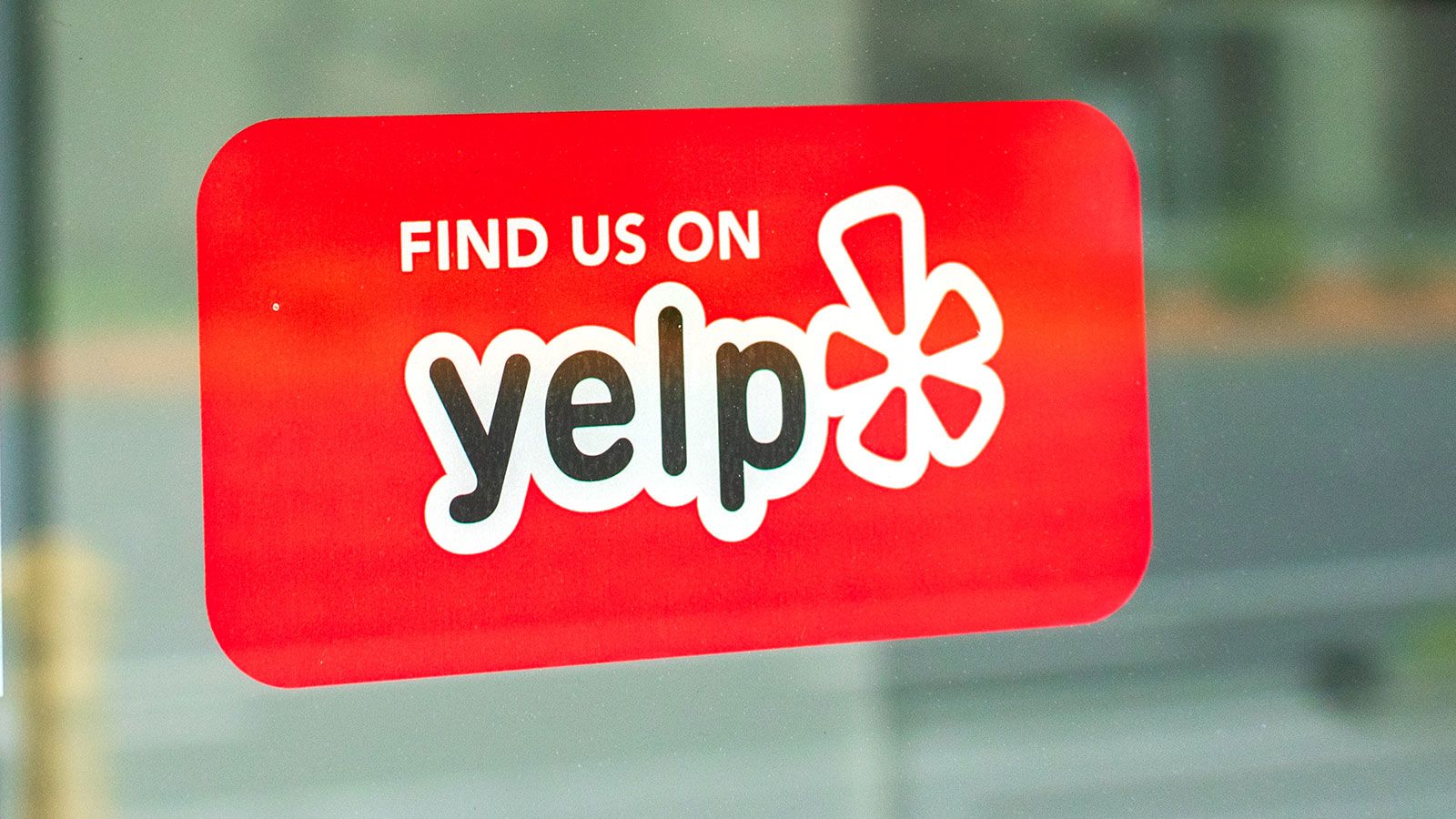Yelp filed an antitrust lawsuit against Google on Wednesday, alleging Google used its monopoly to dominate local search and advertising markets.
A federal judge’s ruling that Google violated US antitrust law with its search business earlier in August paved the way for the lawsuit by Yelp, another major tech company that allows users to write reviews of local businesses. Yelp has long raised grievances with Google’s search dominance, saying in the complaint Google had stymied Yelp’s reach since rejecting the tech giant’s offer to buy the platform.
“Our case is about Google, the largest information gatekeeper in existence, putting its heavy thumb on the scale to stifle competition and keep consumers within its own walled garden,” Yelp said in an online blog post on Wednesday.
The staggering defeat for Google in the US District Court of the District of Columbia had the potential to reshape how millions of Americans get their information online. Wednesday’s Yelp lawsuit was one of the first steps taken since US District Judge Amit Mehta called Google a “monopolist” in the opinion.
“Yelp’s claims are not new. Similar claims were thrown out years ago by the?FTC (Federal Trade Commission), and recently by the?judge?in the DOJ’s (Department of Justice’s) case. On the other aspects of the decision to which Yelp refers, we are appealing. Google will vigorously defend against Yelp’s meritless claims,”?a Google spokesperson said in a statement Wednesday.
CNN has reached out to Google for comment.
The Wednesday lawsuit, filed in federal court in San Francisco, alleges that Google manipulates results to promote its own local search offerings when a customer searches for such results on Google. That allows Google to unfairly outperform its rivals, Yelp said.
That means when a user searches up a local restaurant, Google allegedly uses its monopoly power to serve them any and all information – from directions to hours to reviews – meaning people don’t have to click on a single outside source such as Yelp.
Yelp isn’t the only specialized search provider. Sites like travel provider Expedia, job and employer reviewer Glassdoor and real estate site Zillow were described in the complaint as threats to Google “on a level playing field.”
“In other words, Google abuses its monopoly power in general search to keep users within Google’s owned ecosystem and prevents them from going to rival sites,” the statement said.
Yelp claims Google does this because the quality of reviews on Yelp and other services is better. Yelp cited an FTC report that said 32% of reviews on Google have no text, while review text is always required on its own platform.
“Google, which was late to market in this respect, has never been able to develop a high-quality local search service to rival that of Yelp and other local search platforms,” the 66-page complaint said.
Google has historically spent billions on exclusive contracts to become the world’s default search engine – allowing it to stomp on any sort of rival from Bing, DuckDuckGo, to even more specialized platforms like Yelp.
Specifically, Google’s exclusive deals with Apple and other key players in the mobile ecosyste?m were anticompetitive, Mehta wrote in?the opinion from earlier this month. Mehta wrote that Google has also charged?high prices in search advertising that reflect its monopoly power in search.
The court earlier in August did not find that Google has a monopoly in search ads. But Yelp, which also sells local search advertising, is arguing that Google’s monopoly entices local advertising to depend on Google. This allows Google to charge these businesses higher fees.
Google said in a statement then that it plans to appeal the decision, and that Mehta’s opinion recognized Google as the internet’s best search engine —?an argument the company had made in court as the reason consumers preferred Google over the competition.
In the lawsuit, Yelp said Google’s actions hurt its business by lowering its traffic, reducing advertising revenues and raising Yelp’s own costs.
Yelp is seeking monetary damages and an “injunction prohibiting Google from continuing to engage in the anticompetitive practices.”
CNN’s Clare Duffy and Brian Fung contributed to this report.
This story has been updated with additional context and developments.




